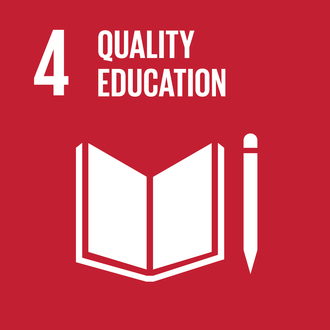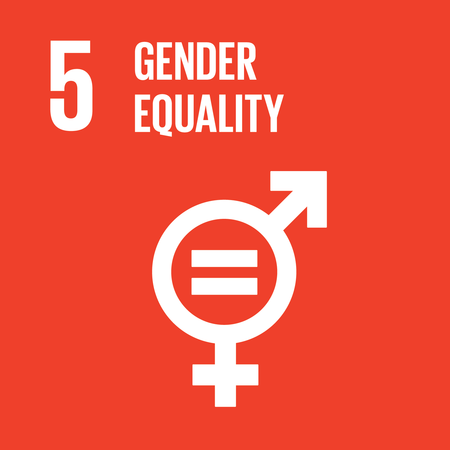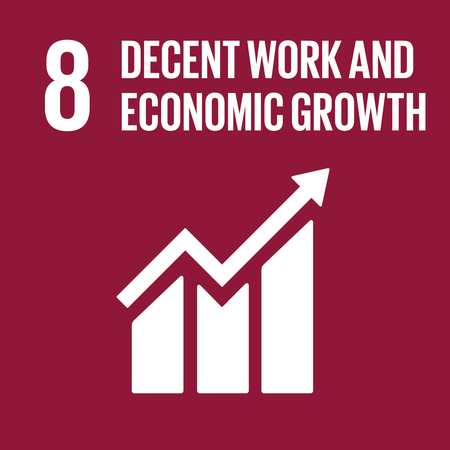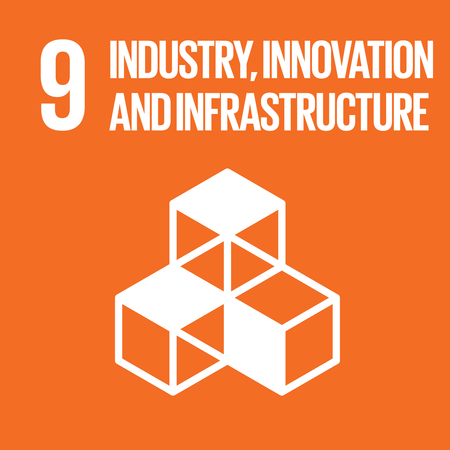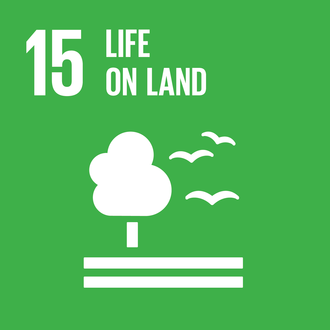ESG & sustainability
What ESG means to us
ESG is integrated into every part of our business. We believe in creating positive change and are committed to doing business in a way that considers the long-term impacts on people and the planet. For us, this means considering a wide range of stakeholders when making decisions, including our customers, shareholders, employees, the community, and the environment. Our direct management of our assets allows us to have a hands-on approach, and in turn, gives our investors greater visibility into how their capital is being deployed.
Our core impact objective is to accelerate the transition to net-zero by investing in and operating a diversified portfolio of renewable energy assets. By channelling capital towards sustainable outcomes that mitigate climate change, we aim to contribute to global efforts to limit warming to below two degrees in line with the Paris Agreement.
This impact objective is clearly defined and aligned to our investment strategy. Our assets generate renewable energy, which in turn generates a yield. The renewable energy generated supports the transition to net-zero by replacing unsustainable energy sources with clean power.
We measure progress against our core impact objective through ESG Key Performance Indicators (KPIs), which include:
- Capital committed to renewable energy projects
- Gigawatt hours (GWh) of renewable electricity generated
- Tonnes of carbon avoided
We embed ESG considerations into every stage of our investment process, from due diligence and decision making, to asset management and reporting. This approach helps us manage risk, identify opportunities, and enhance environmental and social outcomes while delivering long-term value for investors and the communities we operate in.
Our Approach: Performance, Planet, and People
In support of our impact ambitions, Octopus Australia has developed an ESG and Impact strategy which is based around three pillars: Performance, Planet, and People.
This framework ensures ESG risks and opportunities are considered throughout the investment lifecycle, and is underpinned by our ESG policy, which is reviewed annually by the Board of Directors. This enables us to measure and track the positive impact our investments have for investors, the environment, and society.
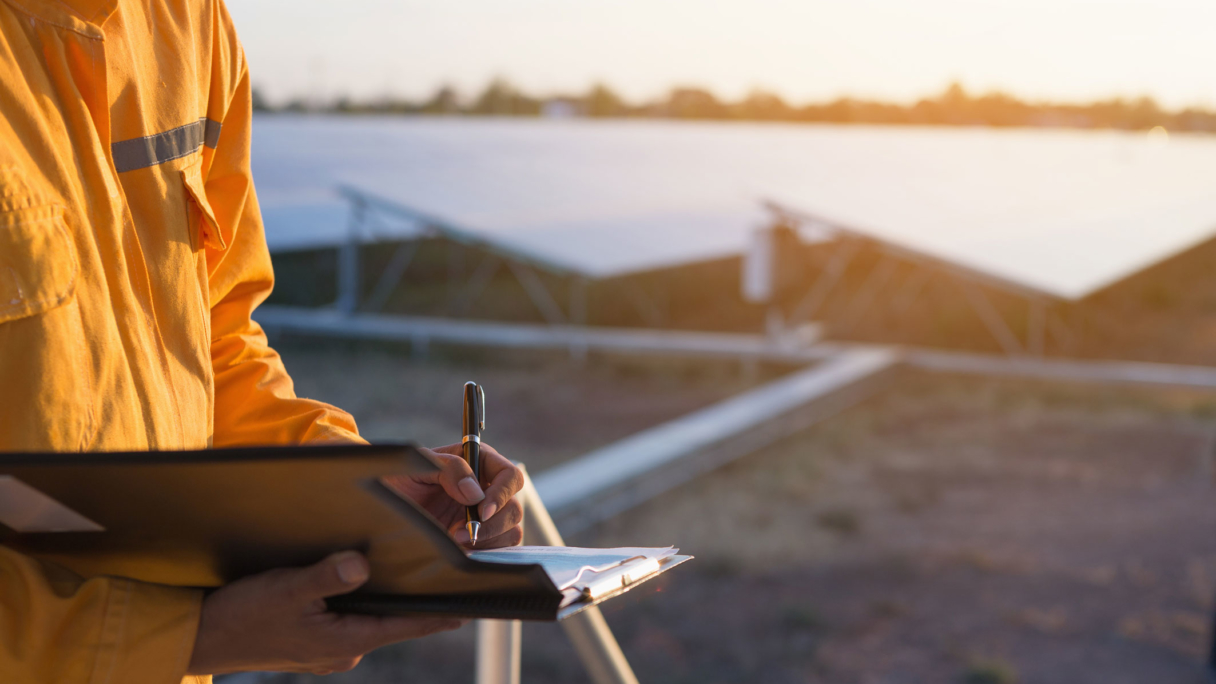
Performance
Build and operate a diversified portfolio of renewable energy assets, with a focus on investment resilience. Robust governance, rigorous due diligence, risk analysis and ongoing asset optimisation helps us manage risks and deliver strong, long-term financial performance.
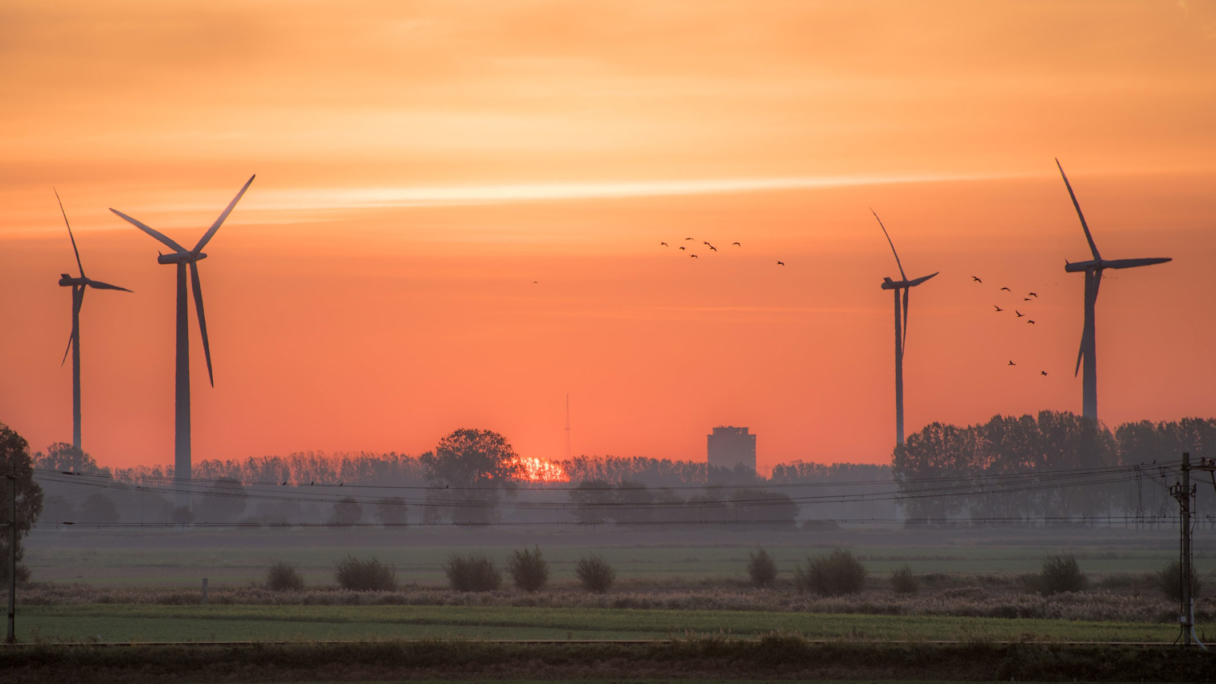
Planet
Consider environmental factors across each project’s lifecycle, working to reduce adverse impacts and enhance environmental outcomes wherever possible, from development through to operations.
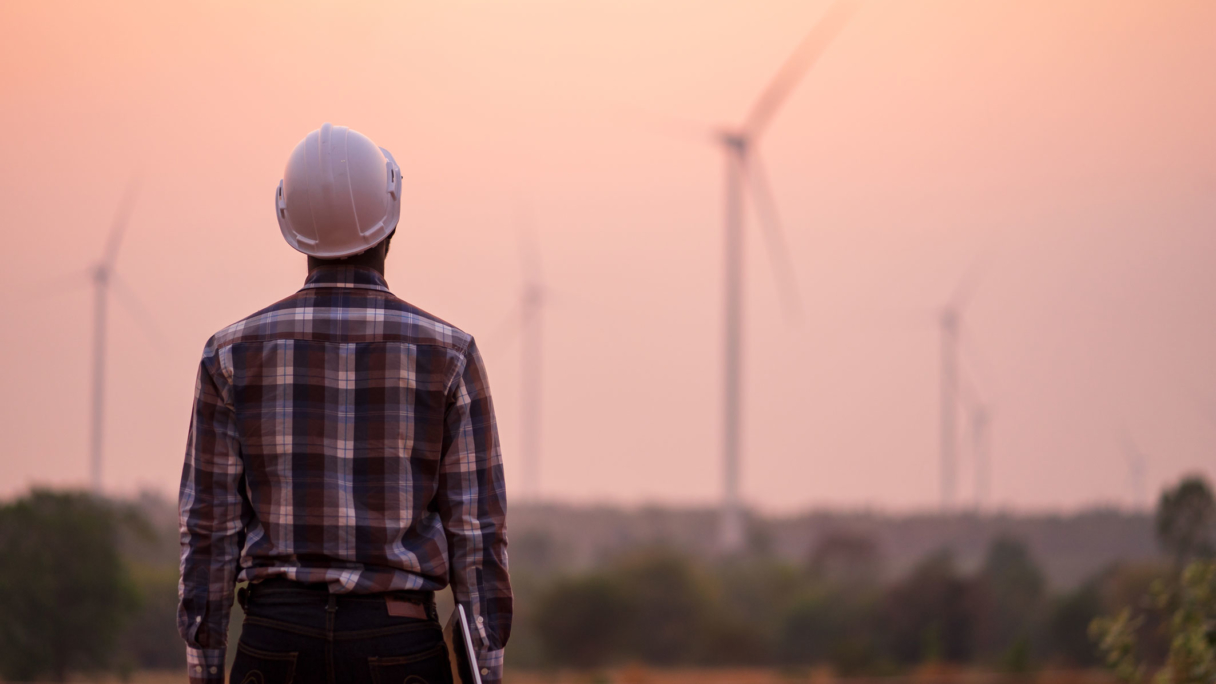
People
Evaluate social considerations to mitigate risks and promote a ‘Just Transition’. This includes promoting fair outcomes for workers, communities, and other stakeholders as we shift to a clean energy future.
ESG Metrics
Includes data from operational assets only.
Renewable energy generation (MWh)
1,072,549
CO2 avoided (tCO2)
710,650
Trees planted
3,493,310
Homes powered per year
179,842
Cars displaced
175,664
Related Policies
Our fund maintains a set of policies that guide how we manage ESG risks and opportunities throughout the investment lifecycle. These include our ESG Policy, Diversity, Equity and Inclusion (DE&I) Policy, and other fund-level policies.
In addition to fund-specific ESG policies, Octopus Group has a number of policies and processes that support our broader commitment to responsible investment.
ESG Reporting
We are committed to transparent and robust ESG reporting, aligning with leading sustainable finance and regulatory frameworks. We disclose our performance using carefully chosen KPIs, and are progressively aligning with frameworks such as:
- EU Sustainable Finance Disclosure Regulation (SFDR)
- UN Principles for Responsible Investment (PRI)
- Australian Sustainability Reporting Standards (AASB S2)
- Task Force on Climate-related Financial Disclosures (TCFD)
- Global Real Estate Sustainability Benchmark (GRESB)
Our investments are also aligned to UN Sustainable Development Goals (SDGs), with a direct contribution to SDGs 7, 11 and 13 (affordable and clean energy, sustainable cities and communities, and climate action).
Through these disclosures, we aim to provide clear, consistent insights into how we manage ESG risks, deliver impact, and support the transition to a low-carbon economy.
Core SDGs:
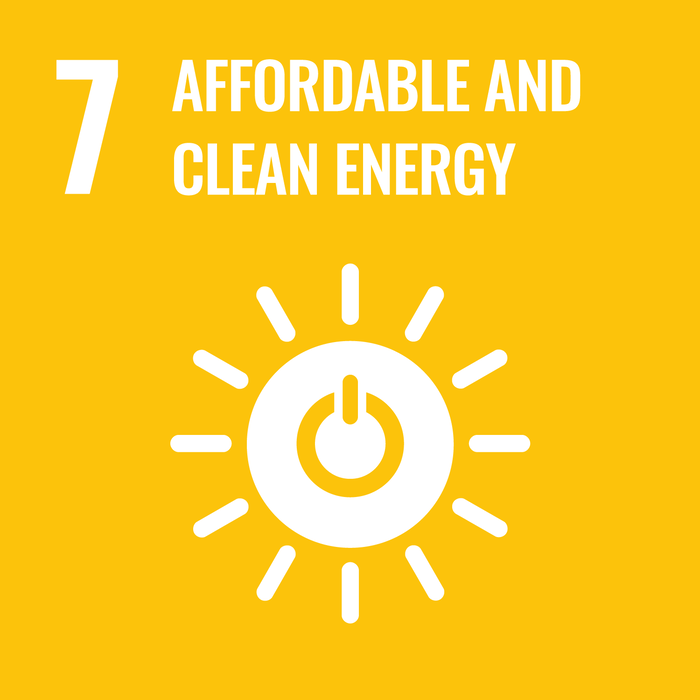
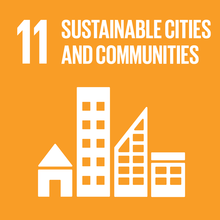
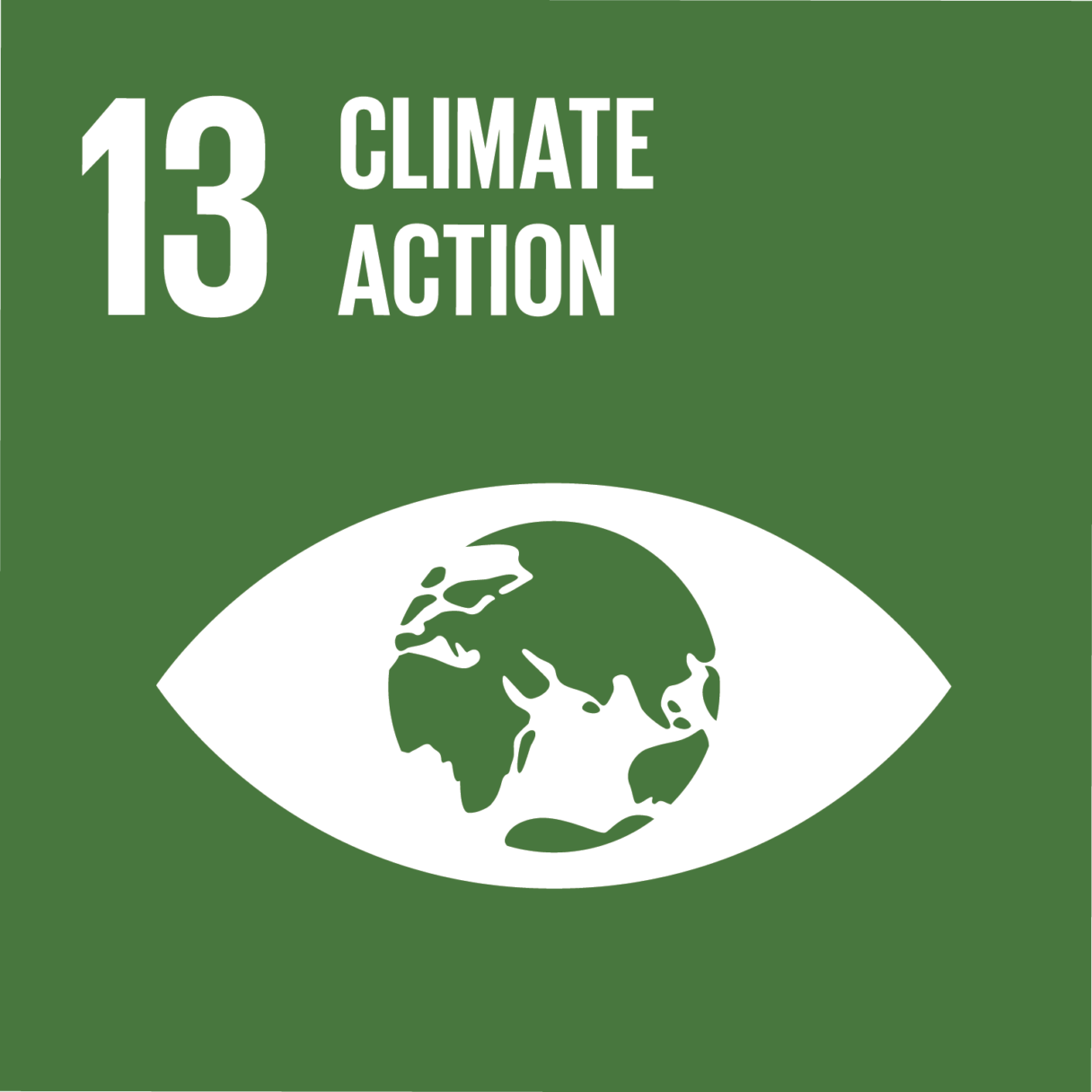
On top of our own processes, we also strengthen, authenticate and measure our progress through the following globally recognised external ESG related standards:
PRI Reporting – Octopus Group is a UNPRI signatory, demonstrating its commitment to responsible investment, and places Octopus Group at the heart of a global community seeking to build a more sustainable financial system. The PRI is a voluntary framework concerned with the incorporation of ESG considerations into the investment decision making process. It provides a basis for potential and existing investors to judge the quality of a company’s ESG processes and positioning within an industry sector. Octopus Group is a PRI signatory, demonstrating its commitment to responsible investment and placing Octopus Renewables at the heart of a global community seeking to build a more sustainable financial system.
TCFD Report – Whilst renewables represent a climate solution, it is not exempt from the potential impacts of climate change. We recognise that a number of climate-related risks and opportunities may have a material impact on the performance of the funds that we manage. As such, we support the recommendations of the TCFD.
Modern Slavery
Octopus Australia has the utmost respect for human rights and is committed to seeking out and addressing any modern slavery risks we have influence over. We recognise that we can affect human rights not just in our own business operations but in our wider supply chain, both internationally and in Australia.
As such, the Octopus Australia Board has approved an Anti-Modern Slavery Policy which sets out our commitment to understanding, assessing and managing these risks. The policy includes six key objectives, which are broken down in a separate ‘Action Plan’ into targets with individual owners and timelines.
We have established an internal Modern Slavery Group, made up of representatives from across our business including development, construction and operations, finance, and legal. The group meets regularly to discuss issues as they arise and to ensure that we are progressing with our Action Plan targets.
Octopus Australia is also an active participant in the Clean Energy Council’s Modern Slavery Working Group, collaborating with industry peers to share experiences, address sector-wide risks, and strengthen best practices. In line with this, we have signed the CEC’s Modern Slavery Pledge, as follows:
In recognition of the global prevalence of modern slavery and risks for the rapidly developing renewable energy sector, the Clean Energy Council and the undersigned members (‘we’, ‘us’ or ‘our’) declare our corporate responsibility to respect human rights.
Our common purpose is to work towards our operations and supply chains being free of adverse human rights impacts, including modern slavery. We each commit to:
- Adopt adequate procedures to manage the risk of modern slavery in our operations and supply chains.
- Take into account modern slavery risk when selecting and managing suppliers.
- Seek to contractually oblige our suppliers to have in place adequate procedures to manage their modern slavery risk.
- Build awareness of modern slavery risks in the various forms of clean energy.
- Collaborate with Clean Energy Council members, suppliers and other relevant third parties on fulfilling each of the above commitments, in accordance with competition laws.
While Octopus Australia does not currently meet the reporting threshold under the Modern Slavery Act 2018 (the Act), we remain committed to proactively managing modern slavery risks and aligning our practices with the intent of the legislation.
